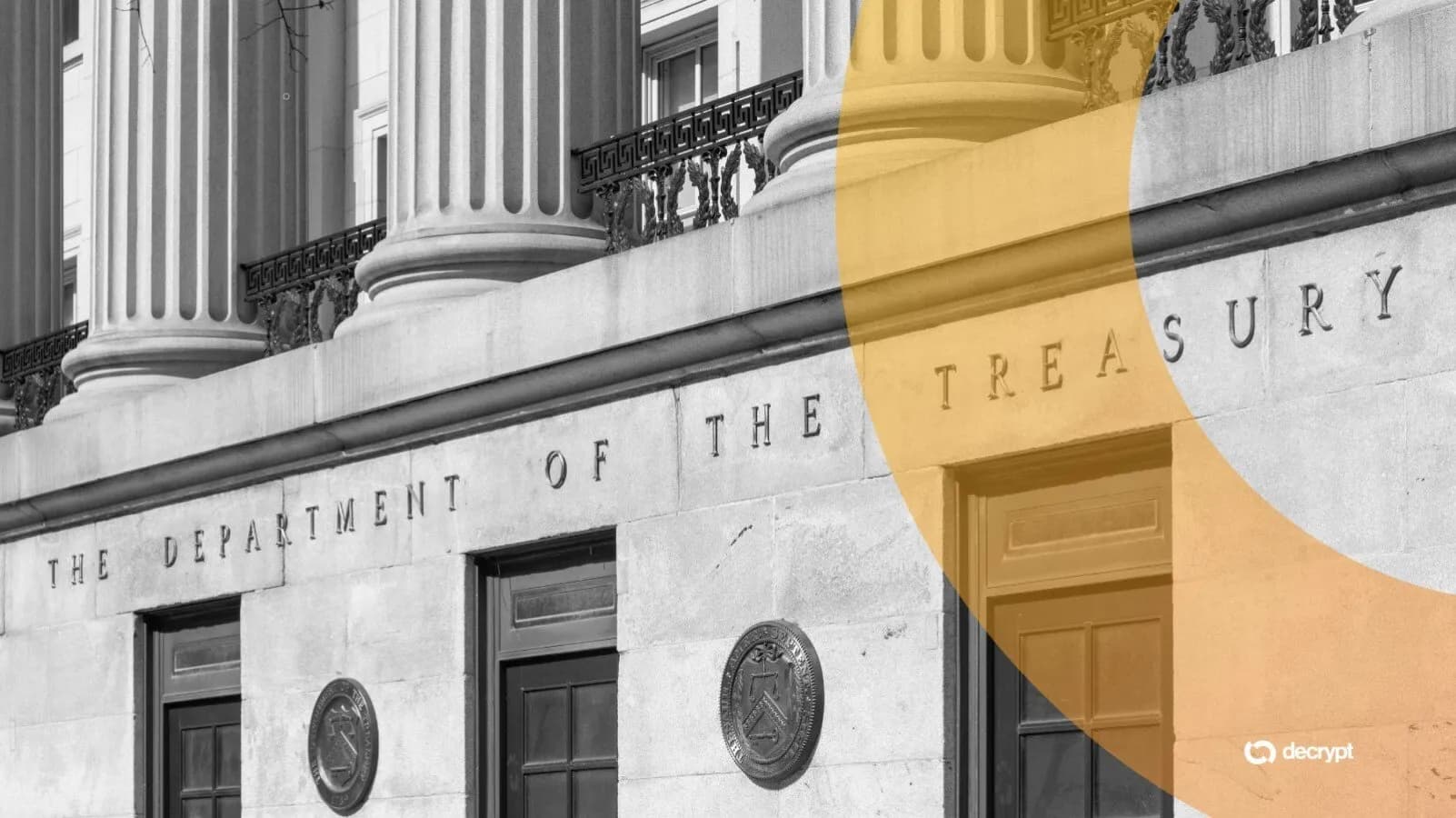OFAC Sanctions Iranians Over $100M Illicit Oil Sales Using Crypto

News Summary
The U.S. Treasury Department's Office of Foreign Assets Control (OFAC) has sanctioned two Iranian nationals and several Hong Kong and UAE-based companies. These entities are accused of funneling over $100 million from illicit oil sales to Iran’s Islamic Revolutionary Guard Corps-Quds Force (IRGC-QF) and Ministry of Defense and Armed Forces Logistics (MODAFL) using cryptocurrency. This action expands the Trump administration's campaign against Iran's "shadow banking system," which officials assert launders billions through front companies and crypto exchanges. The sanctioned network was also linked to Hezbollah-affiliated financial operators and Syria’s Al-Qatirji Company, highlighting its sophisticated reach. Treasury Undersecretary John K. Hurley stated that Iranian entities rely on these networks to evade sanctions. The move explicitly targets blockchain activity, signaling that digital assets have become a core settlement rail for Iran's sanctions evasion playbook, with OFAC now designating wallet addresses alongside vessels and corporate fronts, marking a strategic shift towards digital rails in sanctions enforcement.
Background
The U.S. has intensified financial pressure on Iran since 2023, aiming to cut off its access to hard currency and disrupt funding for its weapons programs and regional proxies. These sanctions unfold against a backdrop of stalled nuclear talks between the U.S. and Iran, with Iran recently declaring uranium enrichment for civilian purposes as "non-negotiable," maintaining high tensions between the two nations. Under President Trump's leadership, the U.S. administration has prioritized dismantling Iran's shadow banking networks and severing its financial lifelines. OFAC has previously imposed multiple rounds of sanctions targeting Iran-linked oil tankers and cryptocurrency wallets, signaling a systematic approach to dismantle Iran's sanctions evasion infrastructure. This latest action further solidifies the U.S.'s zero-tolerance stance on the use of cryptocurrency for illicit financial activities.
In-Depth AI Insights
What does the explicit targeting of cryptocurrency in these sanctions signal about future U.S. financial warfare strategies? - This indicates that cryptocurrency is no longer a peripheral tool but is now viewed by U.S. regulators as a core settlement rail for illicit financial activities. This foreshadows a more aggressive integration of digital assets into the U.S. sanctions and anti-money laundering (AML) framework, significantly raising compliance expectations for global crypto exchanges and related service providers. - This strategic shift will likely prompt other nations to tighten their oversight of crypto transactions, particularly those involving high-risk jurisdictions or sanctioned entities. It will accelerate the institutionalization and compliance maturation of the crypto industry, placing substantial risk on platforms that fail to implement robust KYC/AML mechanisms. How do the continued "difficult" nuclear talks and intensified sanctions under the Trump administration impact geopolitical risk premiums for oil and regional assets? - Iran's "non-negotiable" uranium enrichment stance, coupled with the escalating U.S. sanctions, collectively heightens geopolitical tensions in the Middle East. This is likely to sustain an elevated geopolitical risk premium in global crude oil prices due to ongoing supply disruption concerns, benefiting energy producers and related investments. - Increased instability in the Middle East could push investors towards safe-haven assets like gold and U.S. Treasuries, potentially putting pressure on equity and bond markets within the region (e.g., GCC states). Companies with direct or indirect commercial ties to Iran will face significantly higher political risks and operational costs. What are the long-term implications for financial institutions and blockchain companies regarding compliance and due diligence given this expanded scope of sanctions evasion? - Traditional financial institutions, when processing cross-border transactions, will need to conduct more profound screening of crypto-related money flows to avoid inadvertently becoming entangled in sanctions evasion networks. This necessitates investment in more advanced blockchain analytics tools and enhanced cooperation with crypto intelligence agencies. - For blockchain companies, especially those providing wallet services, exchanges, or stablecoin issuance, compliance will become central to business sustainability. They must implement industry-leading KYC/AML systems and actively cooperate with regulatory demands, or face substantial fines and market access restrictions. - This action will drive the entire financial ecosystem, encompassing both traditional banks and emerging digital asset firms, towards further convergence of compliance standards and technology to address increasingly sophisticated global sanctions challenges.